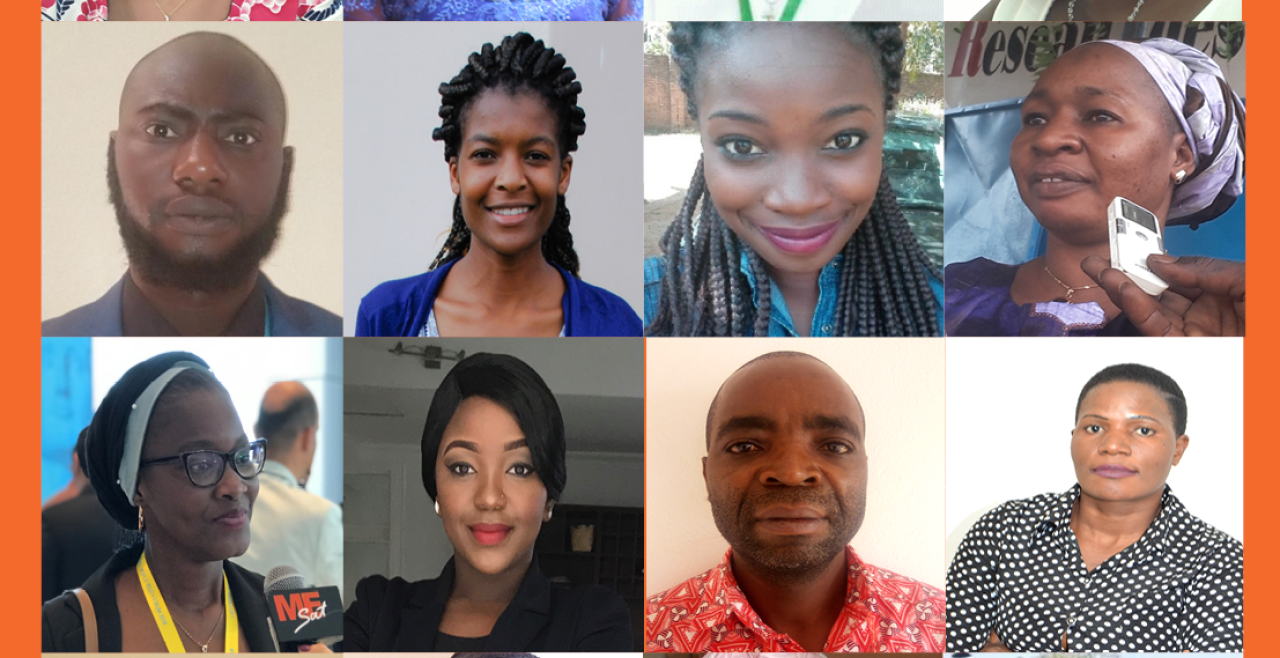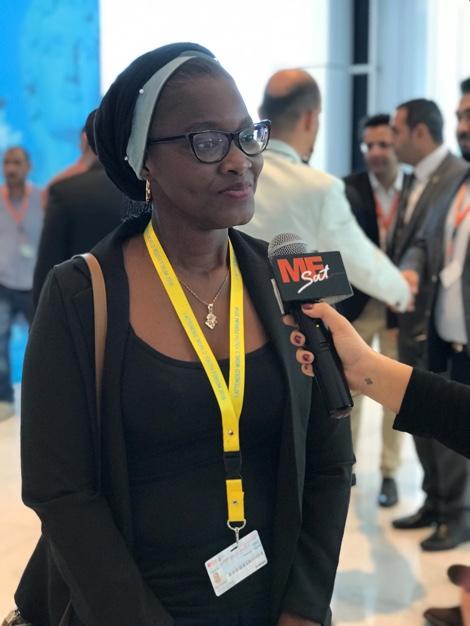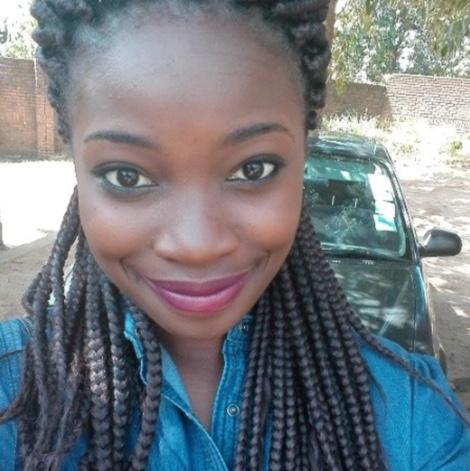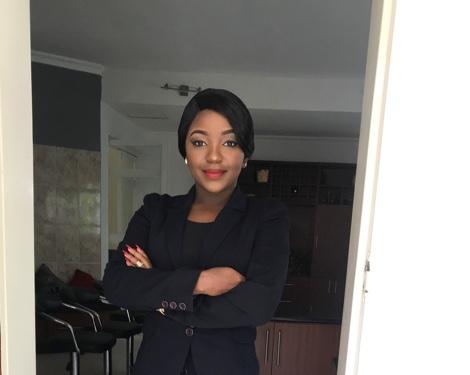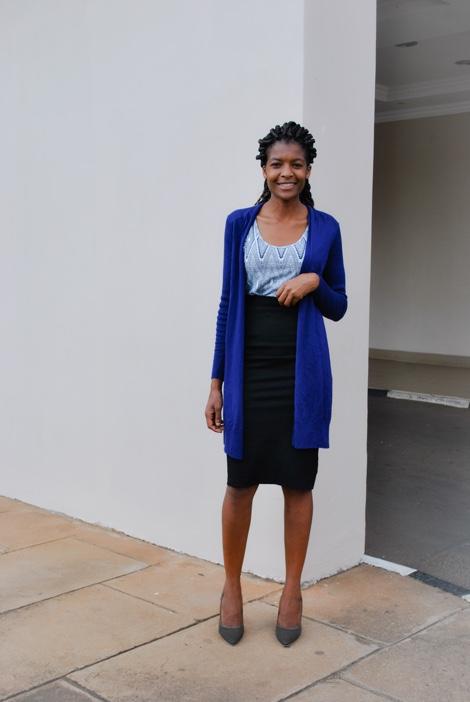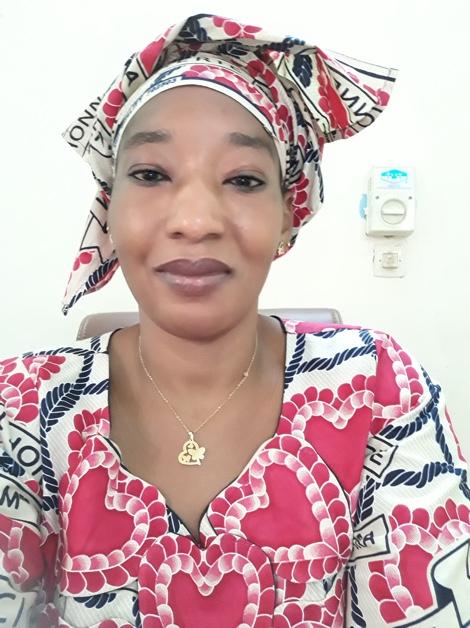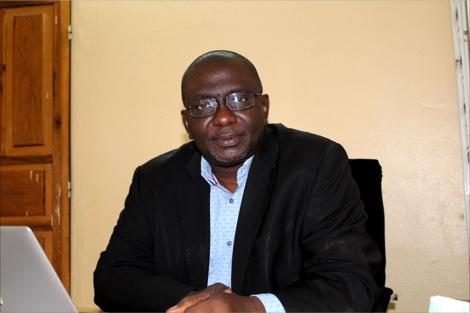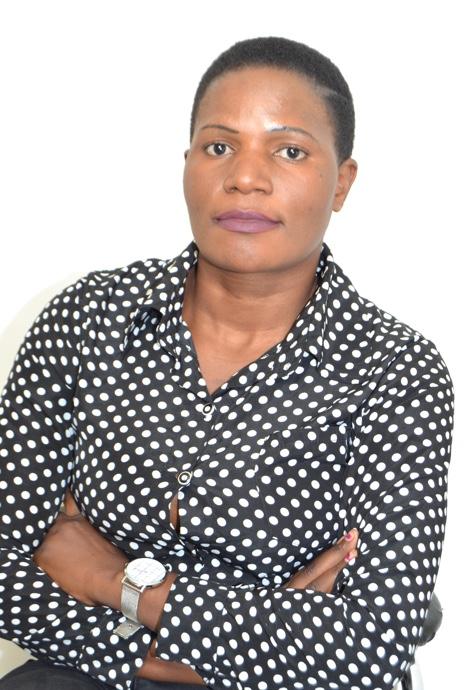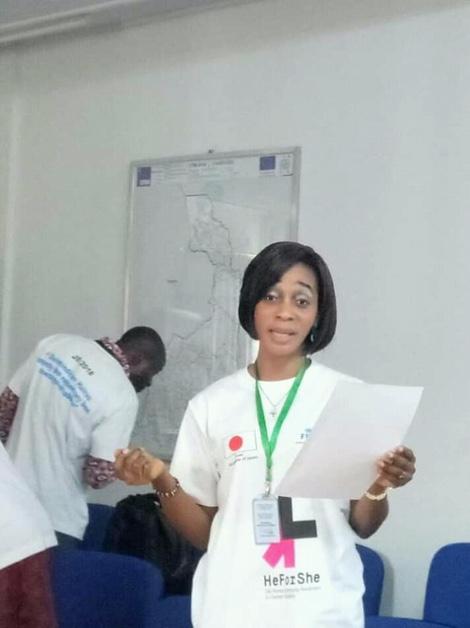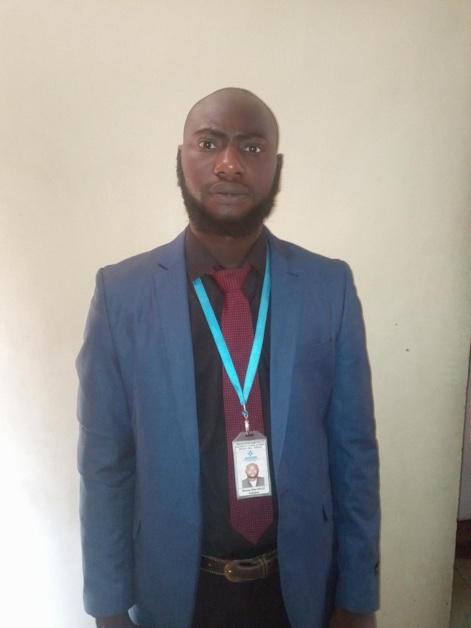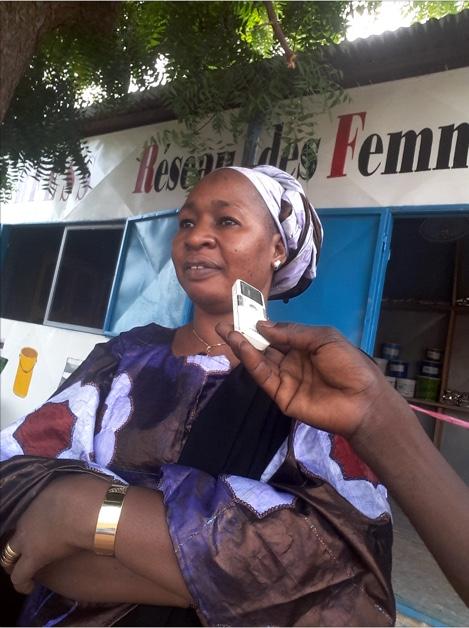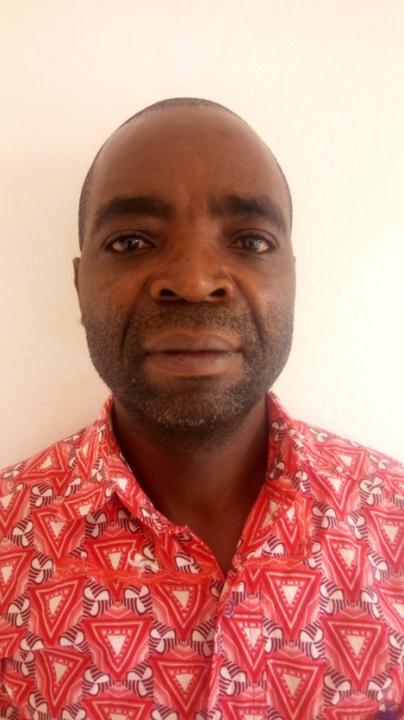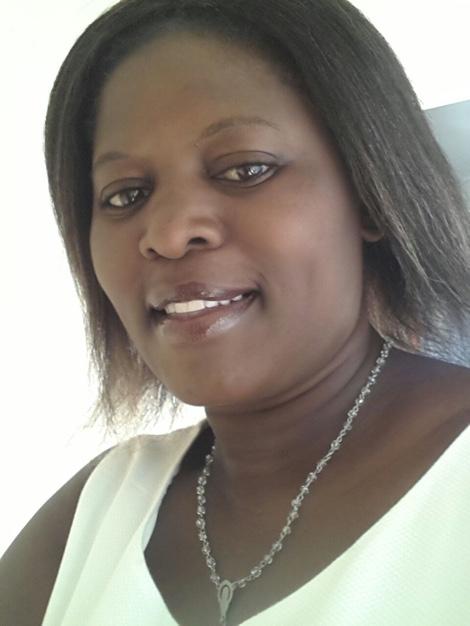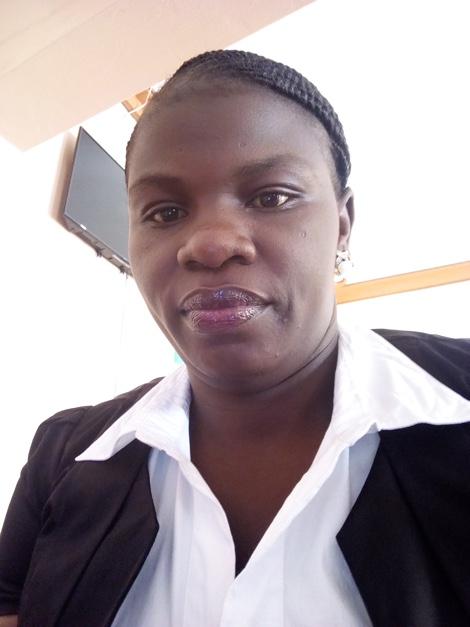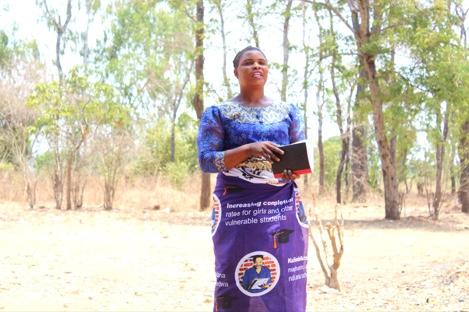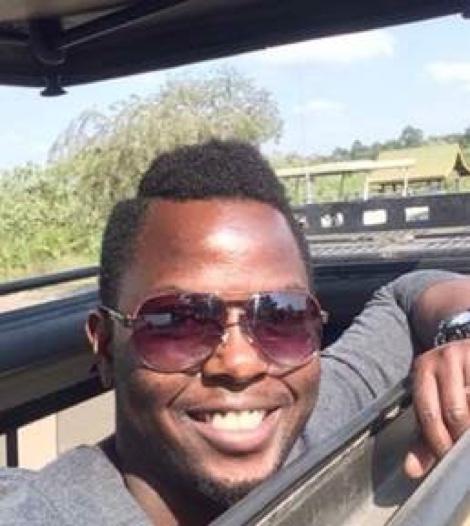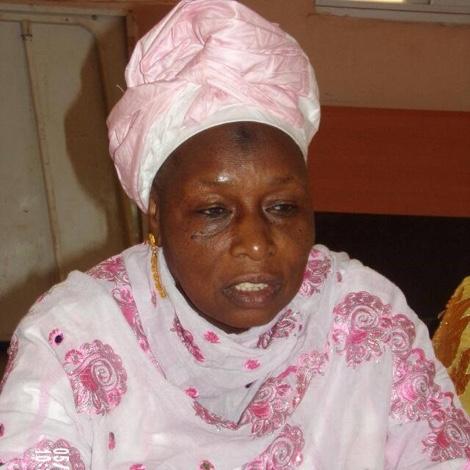|
|
01
Malian women’s rights advocate Sadya Touré notes that in her country, all women have directly or indirectly faced violence just because they were born female.
“Gender-based violence is linked to power imbalances between men and women, which is why it is essential for girls and women to develop their academic and professional skills and abilities.”
Her organization — Mali Rural Women Empowerment Organization — is developing programmes to give women in her community the same opportunities that man have.
"When a woman has professional skills, when she is aware of her value and her rights as a woman, she has the tools to avoid direct or indirect violence."
Follow Sadya on Twitter
@ToureSadya
|
02
Tapiwa Munthali from CARE International in Malawi said the main challenge women face is sexual harassment.
To address this issue, her organization is initiating dialogues and creating safe spaces for people to share their concerns on violence against women and harmful practices. They are also inviting community leaders to participate to these gender dialogues.
“I believe that the gender dialogues allow us to raise awareness on everyday behaviours that are considered normal but that can actually make women feel uncomfortable or that can even be harmful for women and girls.”
Follow Sadya on Twitter
@Ningenjelwanga
|
|
|
|
03
Women’s rights advocate Ulemu-Hannah Kanyongoloshared that unequal access to financial and natural resources — like land ownership — is one of the root causes of the inequalities women and girls face in Malawi.
“When women can’t access resources, they can’t contribute to the country’s economy. Preventing women’s emancipation is also detrimental to society as a whole.”
At the Gender Justice Clinic of the University of Malawi, Ulemu-Hannah organizes sensitization and advocacy events to change young people’s perceptions on gender.
“We are doing interventions with both secondary school and tertiary institutions where we initiate discussions on gender-based violence in and out of school.” She continued. “We are also using art as a way to advocate for change and to combat violence against women and girls.”
Follow Ulemu on Twitter
@ulemuhk
|
04
“Half of the women who have experienced physical or sexual violence never tell anyone about it, and even fewer seek help,” said gender advocate Linly Dumuka. “Women are afraid of becoming homeless after reporting their husbands to the authorities,” she said.
With her organization — SRHR Africa Trust — Linly raises awareness among women and girls that domestic violence is not acceptable and educates women on available and safe reporting pathways for abuse. They also support women's’ empowerment and financial independence through educational and business workshops.
“Since violence against women and girls is rooted in gender stereotypes conveyed by families, husbands, churches and workplaces, we are conducting community awareness workshops, involving both men and women, on gender equality, gender-based violence and on strengthening national reporting mechanism.”
Follow Linly’s organization on Twitter
@SRHRAfricaTrust
|
|
|
|
05
Amintou Hamadou works for the Malian Association for Survival in Sahel. She explains that inequality between women and men is the biggest challenge women face in her country.
Her organization aims to raise public awareness on women's and girls rights.
“With the support of religious and community leaders, we spread messages on behavioural change to all men in the community. We sensitize young people on the issue of gender-based violence through debates, documentaries, artistic competitions and broadcasting of radio programmes.”
Amintou also supports campaigns for the abandonment of child marriage and female genital mutilation.
Follow Amintou’s organization on Twitter
@ONG_AMSS
|
06
Ousmane Traore from the Association of Support to the Development of Population Activities (ASDAP) notes that the increase of gender-based violence in Mali is alarming.
With his organization, he implements prevention and advocacy actions for the abandonment of harmful practices such as child marriage and female genital mutilation.
“We take care of young women who experience complications from genital mutilation and we work hard to promote the sexual and reproductive rights of women and girls.”
Follow Ousmane on Twitter
@omk_mk
|
|
|
|
07
Women’s rights activist Judith Pangani works for the Centre for Alternatives for Victimized Women and Children (CAVWOC) in Malawi. She explains that “Malawi experiences disempowerment scenarios for girls and women due to social setups and cultural beliefs.”
To change the situation on the ground, her organization has trained 1,650 community members as gender-based violence advocates in Chikwawa district.
They have also trained 250 child protection committee members who are responsible for handling all child abuse cases at the community level.
“Our goal is to raise awareness on human rights and child rights and to popularize gender related laws.”
Follow Judith’s umbrella organization
@GBVnet
|
08
Antoinette Bidjogo Melingui works for IEDA Relief in Mali. She believes that the involvement of religious, community and local leaders is essential to combat gender-based violence.
“Their power of influence is very important. We need their commitment to change attitudes.”
With her association, she is advocating for the issue of violence against women and girls to be addressed in schools to sensitize boys and girls from an early age.
Follow Antoinette’s organization on Twitter
@IEDARELIEF1
|
|
|
09
Moussa Abba Diallo works for the Malian Association for Solidarity and Development (AMSODE). He believes that physical and emotional violence within couples is a recurring problem in urban and rural areas.
“Violence has consequences on women’s and girls’ health, productivity at work and their overall contribution to the country's development.”
The issue of violence and discrimination against women and girls is the priority of its association’s intervention framework.
“We conduct awareness-raising activities with local communities and we advocate to the authorities to strengthen legislative frameworks. We also accompany women and girls in court cases and appeals and support them when they want to report domestic violence.”
Follow Moussa’s organization on Twitter
@OAmsode
|
10
Socio-cultural norms perpetuate gender inequalities and hinder the development of women,” said women’s rights activist Hawa Ali Traoré.
Through her organization APROFEM, she shares information and runs campaigns to orient the public on violence against women and girls in Mali.
Visit Hawa’s organization’s website
|
|
|
|
11
Fred Buingo works for IEDA Relief in Mali. He shared that women often do not have the freedom of expression and decision-making power about their own bodies and sexual and reproductive health.
“Women are not consulted in the decisions of the household. In some parts of the country, they don't even have the right to chose the man they will marry.”
Fred feels the lack of freedom of expression is rooted in cultural traditions that restrict the freedom of women and girls.
“To end violence against women and girls, we need to change attitudes.” Fred’s organization raises awareness among women and communities through radio broadcasts.
“The messages we disseminate aim to discourage discriminatory practices and encourage survivors to seek help and break their silence. We also provide psychological and medical help through mobile clinics and we train care providers”.
Follow Fred’s organization on Twitter
@IEDARELIEF1
|
12
Caroline Mvalo works for the Centre for Conflict Management and Women Development Affairs (CECOWDA) in Malawi. She notes that women and girls face many challenges such as gender inequalities, gender-based violence, early and child marriages, discrimination, lack of access to land and sexual and reproductive health services.
She believes political will is the most effective way to address these issues and to change women’s lives.
“We advocate for the passing of gender-related laws in parliament. We train women and we support them when they report violence and abuse. We help them become self-reliant”.
Follow Caroline’s organization on Twitter
@cecowdaorg
|
|
|
|
13
Beatrice Barbra Angufiru works for the Legal Aid Project of the Uganda Law Society. She notes with regret that women and girls are subjected to sexual, physical, economic and psychological violence because of their gender.
“Women are seen as weaker because they are female. Their gender is used as a justification to take advantage of them and to perpetrate violence against them.”
To combat this, Beatrice works on engaging communities to prevent violence against women and girls. She implements community awareness sessions and supports the creation of radio talk shows that address the various forms of violence against women and girls.
Follow Beatrice’s organization on Twitter
@ug_lawsociety
|
14
One out of five women in Malawi has experienced physical or sexual violence in her lifetime. With Oxfam Malawi, Thokozani Banda works with grassroots women’s organizations to prevent and stop violence in local communities.
“We teach women where and how to report cases of gender-based violence, and we encourage them to speak out and break the silence.”
Follow Thokozani’s organization on Twitter
@oxfammalawi
|
|
|
|
15
Chisomo Zileni works for the DanChurchAid in Malawi. He notes that “stereotypical social norms create unequal power relations between men and women, harmful behaviors and gender-based violence.”
Chisomo encourages religious and traditional leaders to challenge stereotypes and confront harmful behaviours and practices such as child marriage.
He is dedicated to facilitating women’s empowerment through trainings and mentorship opportunities to help women understand their rights and recognize situations where their rights are being violated.
Follow Chisomo’s organization on Twitter
@DanChurchAid
|
16
Bintou Coulibaly works for the Association for the Progress and Defense of Women's Rights in Mali.
“Gender-based violence is the biggest challenge women face in Mali.”
With her organisation, Bintou takes care of survivors and supports them to gain their independence. She implements advocacy and awareness-raising actions and trainings for local communities.
Follow Bintou’s organization on Twitter
@APDF_ML
|
|
